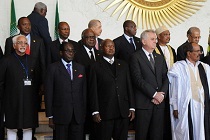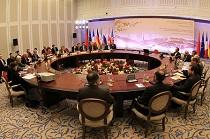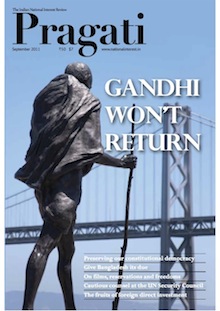Destination Africa
The role of the emerging economies of Africa was discussed at the recent summit of the African Union. Africa’s resources are crucial to fuel such economic powerhouses as India, Brazil and China, and India must accelerate its trade and aid relationship with the continent.








